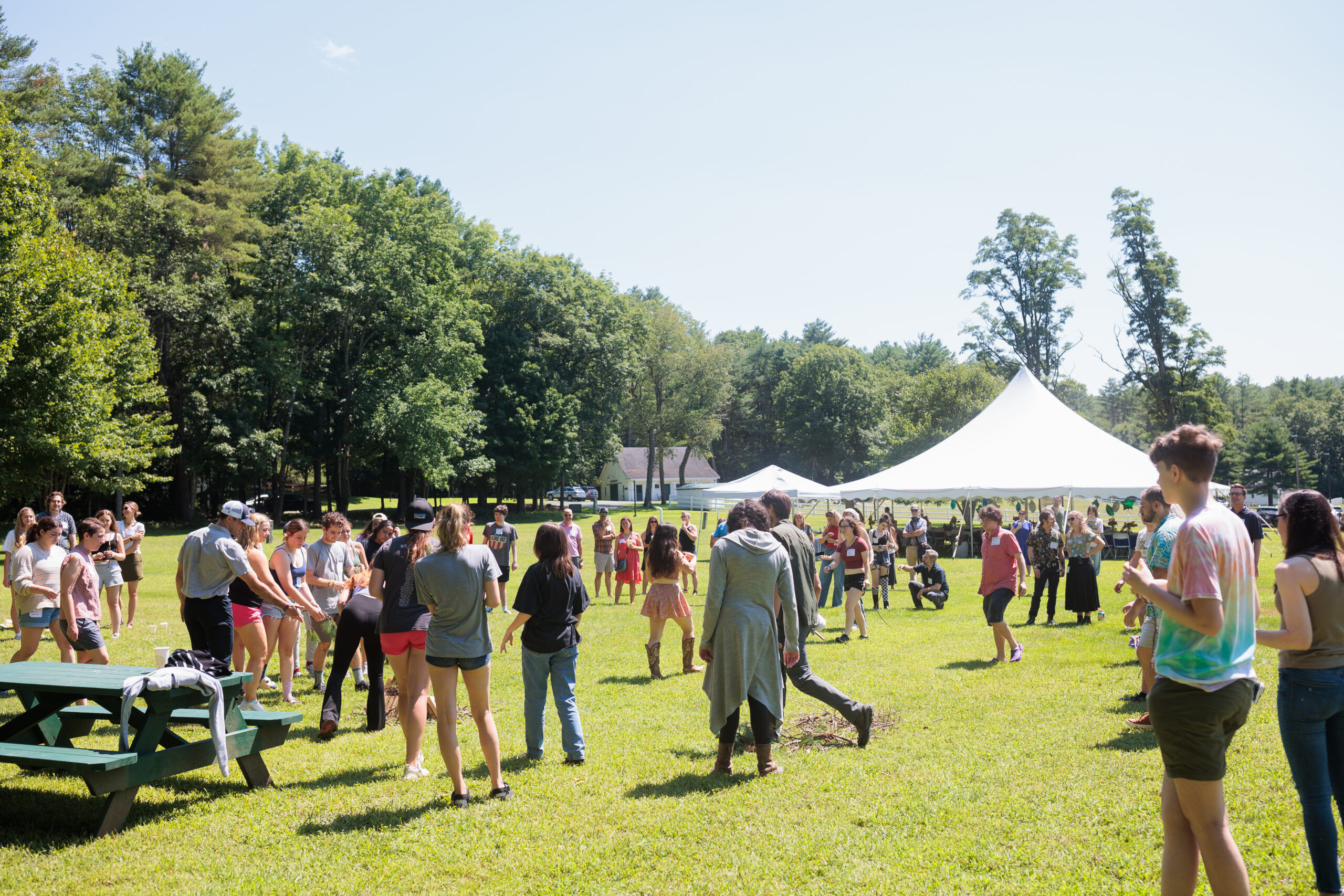Adolescence is a time of significant physical, emotional, and social development. It’s also a time when anxiety can take root, often exacerbated by factors such as academic pressures, social dynamics, and the rapidly changing brain. One factor that is frequently overlooked in managing adolescent anxiety is sleep—both how anxiety disrupts sleep and how poor sleep hygiene can contribute to the anxiety cycle itself. In this article, we’ll explore the connection between sleep hygiene and anxiety, along with practical tips for fostering healthier sleep habits that can help alleviate anxiety symptoms.
Understanding the Anxiety-Sleep Connection
For adolescents struggling with anxiety, sleep can often feel elusive. Racing thoughts, heightened alertness, and a constant sense of worry can make it difficult to fall or stay asleep. Unfortunately, poor sleep quality only exacerbates the symptoms of anxiety, creating a vicious cycle that’s tough to break. Sleep deprivation impairs emotional regulation, cognitive processing, and the ability to manage stress—all essential to managing anxiety.
The adolescent brain is still developing, making it particularly vulnerable to the effects of poor sleep. Deep sleep is essential for processing emotions and consolidating memories. Without enough sleep, teens may struggle to regulate their emotions, making them more susceptible to anxiety. Consistent, restorative sleep is crucial for both emotional well-being and cognitive function, which is why sleep hygiene plays such an important role in overall mental health.
The Importance of Sleep Hygiene
Sleep hygiene refers to the habits and practices that promote consistent, restful sleep. Improving sleep hygiene is a key strategy for reducing anxiety and breaking the sleep-anxiety cycle. By establishing positive sleep routines, adolescents can improve the quality of their sleep and, in turn, their ability to manage anxiety.
Here are several key practices to focus on when improving sleep hygiene:
-
Maintain Consistency: Setting a regular bedtime and wake-up time is crucial for regulating the body’s internal clock. Teens should aim to go to bed and wake up at the same time each day, including weekends, to avoid disrupting their sleep patterns. This consistency helps to improve sleep quality and helps the body get the rest it needs.
-
Create a Calming Bedtime Routine: Establishing a calming pre-sleep routine signals to the brain that it’s time to wind down. This routine can include relaxing activities such as reading, journaling, or engaging in mindfulness exercises. These activities not only help reduce anxiety but also allow the mind to transition from a state of heightened alertness to one of relaxation, making it easier to fall asleep.
-
Limit Stimulants and Distractions: Excessive screen time, especially before bed, can interfere with the body’s ability to produce melatonin, the hormone responsible for regulating sleep. Teens should avoid using electronic devices at least an hour before bed. In addition, consuming caffeine or large meals late in the day can disrupt sleep, making it harder to fall or stay asleep.
-
Optimize the Sleep Environment: A comfortable and quiet sleep environment is essential for restful sleep. The bedroom should be cool, dark, and free from distractions. Using blackout curtains, minimizing noise, and ensuring the mattress and pillows are comfortable can go a long way in promoting quality sleep.
Summer: A Time to Reset or Lose Sleep Structure?
The summer months present a unique challenge when it comes to sleep hygiene. Without the structure of school schedules, sleep patterns can easily become erratic. While summer offers a great opportunity for teens to catch up on much-needed sleep, the lack of routine can lead to late nights and irregular wake-up times, which may throw off their sleep cycles.
Summer should be viewed as a time for the body to rest and recalibrate, but it’s important for teens to maintain a healthy sleep schedule even without the demands of school. Teens often take advantage of the unstructured time to sleep in, but it’s important to avoid extremes—such as staying up far too late or sleeping excessively during the day—that can make it harder to transition back into the routine of school once summer ends.
Maintaining a consistent sleep schedule during the summer is key. Not only does this help teens get the sleep they need, but it also helps them manage stress, maintain healthy habits, and reduce the likelihood of falling into the cycle of anxiety that poor sleep habits can promote.
Sleep Hygiene as Part of a Comprehensive Approach to Managing Anxiety
While sleep hygiene is a critical tool in managing adolescent anxiety, it is most effective when used alongside other therapeutic strategies. Cognitive Behavioral Therapy (CBT), mindfulness practices, and other evidence-based approaches can address the underlying causes of anxiety and provide teens with the tools to better manage their emotions. Sleep hygiene, when integrated into a holistic approach to anxiety, can be a powerful tool for improving overall mental health.
Conclusion
Good sleep hygiene plays an essential role in managing adolescent anxiety. Establishing healthy sleep habits—such as maintaining consistency, creating a calming bedtime routine, limiting distractions, and optimizing the sleep environment—can significantly improve sleep quality and emotional resilience. For adolescents, quality sleep is a cornerstone of good mental health, and by fostering these positive sleep habits, teens can improve both their sleep and their ability to manage anxiety in the long term.
If your teen is struggling with sleep or anxiety, consider implementing these sleep hygiene practices and look for additional strategies that may support their emotional well-being. By addressing both sleep and anxiety, teens can set themselves on the path toward a healthier, more balanced life.

